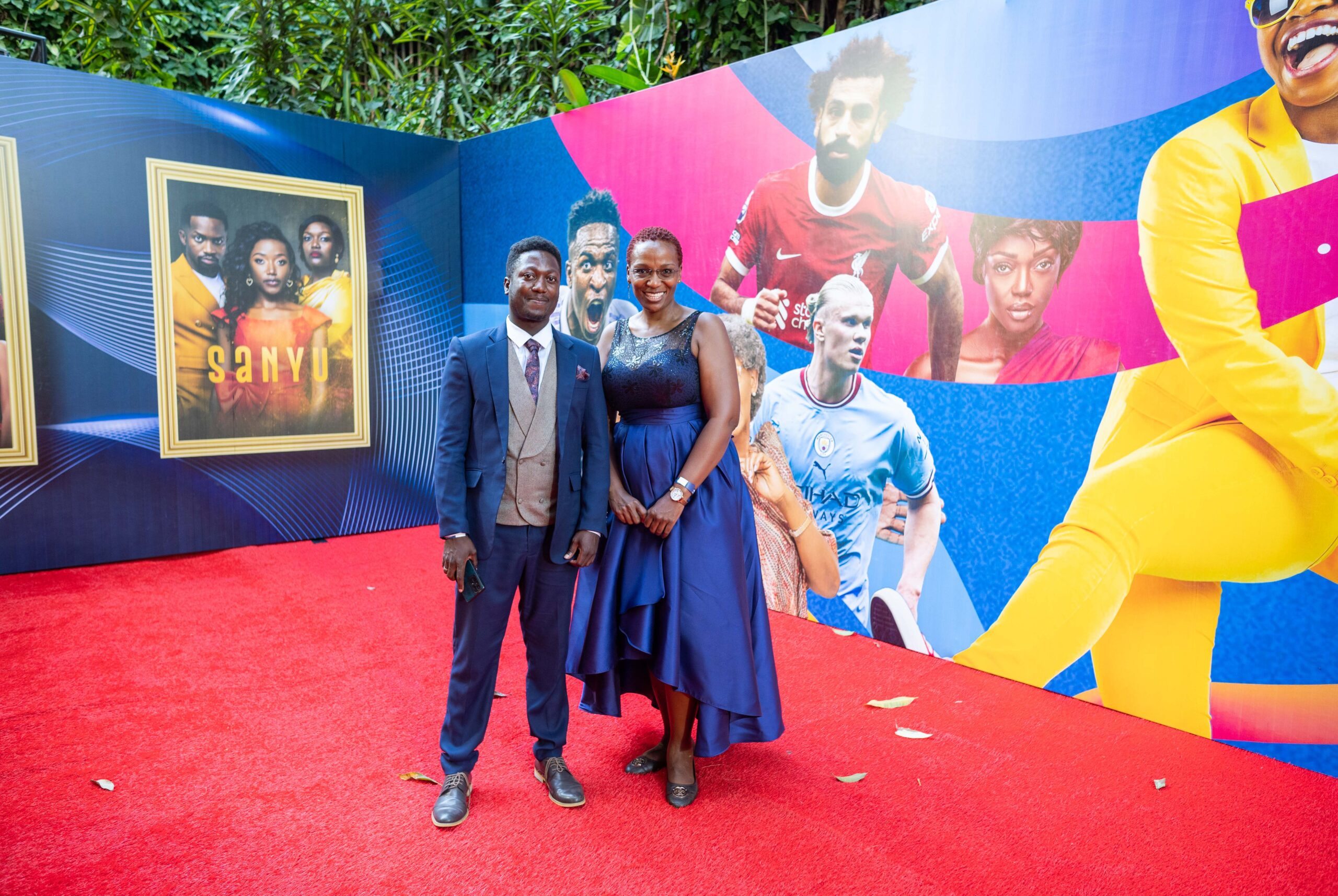
When it comes to watching television, opinions may sharply clash for and against, but few can argue that no invention has had such a huge impact on society like TV.
It is for this reason that in 1996, the United Nations General Assembly proclaimed November 21 as World Television Day.
Specifically, ‘in recognition of the increasing impact television has on decision-making by alerting world attention to conflicts and threats to peace and security and its potential role in sharpening the focus on other major issues, including economic and social issues’.
In Uganda’s case, television services date back to October 1963, a year after the country attained independence from British colonial rule with the setting up of the former Uganda Television (UTV).
At the time, programming on a single channel was limited, as were the hours of broadcasting, but TV viewing steadily became a favourite lifestyle choice.
During the regime of Idi Amin however, and as foreign exchange to purchase new content became scarce, UTV management was forced to improvise, often airing a parade of repeats and other dated material. Lack of variety turned away viewers except for the news.
On the other hand, these circumstances also occasioned the rise of local stars and personalities, such as the late comedian, Dan Zirimmenya better known to all as Kyeswa.
In July 1975, Uganda notched up a major achievement when UTV switched to colour becoming the second national broadcaster in sub-Saharan Africa do so after Television Zanzibar (TVZ).
Unfortunately, in subsequent decades, having colour could not compensate for limited variety and low quality content and in the early 1990s, the government liberalized broadcasting. Enter MultiChoice and coincidently, just when Ugandans became glued to CNN and events in the Middle East.
Today, for all the amount of leisure time people spend watching TV, it is hard to imagine a world without it. It is even harder to think of life without pay-television.
As long as you can afford your chosen programmes, the problem of limited variety is no more.
According to Dataxis, Africa’s pay-TV revenue for 2016 stood at $4.4 billion and is forecast to reach $6 billion by 2021. In 2016, Africa’s pay-TV subscribers stood at approximately 18.7 million, an increase of approximately two million subscribers compared to the previous year.
Pay-TV was introduced to Africa in 1992 when MultiChoice launched M-Net, an analogue service to over 20 countries. A year later, MultiChoice began expansion outside South Africa’s borders, and is now present in 49 countries across sub-Saharan Africa. It has been a story of sustained growth, pushed forward by constant innovation and looking over one’s shoulder.
In 1995, MultiChoice introduced digital technology with the launch of the DStv bouquet and in 1996; analogue satellite services to Africa were cancelled. But ever aware of the changing times, MultiChoice does not believe in resting on its laurels.
For some time now, streaming and video-on-demand (VOD) services have started supplementing broadcast TV– mostly in the area of news. Today, many news consumers are no longer reading lengthy articles, but prefer watching video of events as they unfold from news agency sites most if not all available on MultiChoice platforms.
Increasing broadband penetration and the reduction in data rates across Africa will increase the penetration of online video content. But online video consumption is expected to be supplementary, because traditional pay-television as online providers do not provide news channels and live sports events are key to household viewing.
But traditional video shops are under threat. Now, consumers no longer need to leave their homes to get a video. They can get into the DStv Box Office on their Explora decoder. It provides an option where consumers don’t have to pay for the delivery of the movie – while streaming requires the delivery cost and the bandwidth. Now you can watch your favourite series on your mobile device.
Yes indeed television has changed!
The Writer is the PRO
Multi-Choice Uganda










